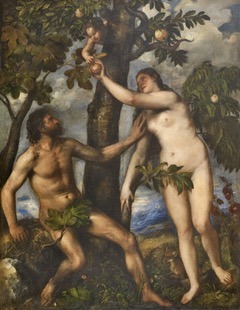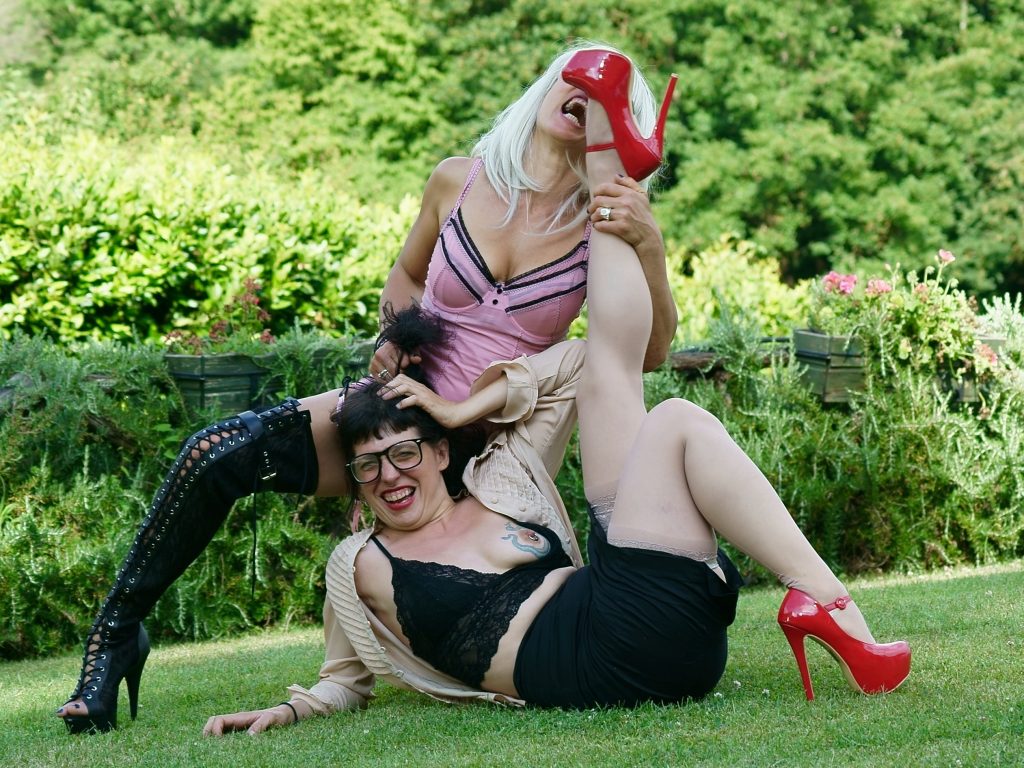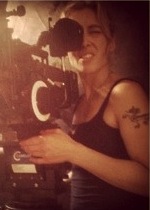Nehra Stella is a artist, body worker and filmmaker. In her work she explores gender, sexuality, identity issues, love and relationships, with an ironic, erotic, feminist, queer point of view.
She believes that ART and SEX can change the world.
She directed “Paris la Nuit” in 2009, “Vivre Berlin” in 2013 and “Berlin-Sarajevo” in 2014, together with the artist Natasha Davis and she is currently editing the documentary “Le bel Animal“.
Parallel to her artistic work she focus on different body practices, yoga, Nutrition and Hypntherapy.
In 2013 she started to collaborate with the choreographer and conceptual artist Felix Ruckert on different projects: Performances, Music Videos, Workshops and healing retraits combining Art, Kink and Body Awareness.
Since 2017 she co-curated with him the program for Xplore festival for Roma, Barcelona and Copenhagen.
She also teaches workshops on Female Empowerment, Conscious kink, Gender Fluidity and rope and she performe bondage with the artist Pilar Aldea.
In 2018 she co-created with the artist Anna Natt, the play space “School of Love“ for Berlin xplore
Workshops
Playing With Misogyny
MISOGYNY defines the cultural attitude of hatred, mistrust or prejudice against female and the idea that men are better then woman.
Misogyny functions as an ideology or belief system that has accompanied patriarchal or male-dominated societies for thousands of years and continues to place women in subordinate positions with limited access to power and decision-making.

Though most common in men, misogyny also exists in and is practiced by women against other women or even against themselves. Misogyny can be found within sacred texts of religions, mythologies, as well as Western literature and philosophy.
The first written example of misogyny is in the Odyssey (8th century B.C.) when Penelope, Ulysses’ wife, is told by her own son Telemachus “to shut up“ and go back to her room, to leave men discuss about important matters.
A particular creative example is “Types of women“ by Semonides of Amorgos (7th century B.C.), where the author compares woman to nature and animals: pig, fox, dog, earth, sea, donkey, ferret,mare, monkey, and bees. Of the Ten types, nine are delineated as destructive: only the bee-woman makes a good wife. In the second part of the poem, he complains about the evils of women in general.
Even the most appreciated woman of ancient time - “the Beautiful Elena“ - doesn’t escape misogyny; her beauty is seen as the main fault and cause of Troy War. But the best example of women being the origin of all bad is given by Eva, the very first woman, alone responsible for the Original Sin and the fall of all humanity.
In this workshop, we will recall all this extensive existing traditions and enrich them in a creative collective process to define and express as many variety of Misogyny and then use it to play together - women as well as men - the game of female hatred. We might even achieve to detect unaware and undiscovered misogyny inside each one of us and to transform it into an exciting and arousal tool for our blaspheme games…
Sensitive souls better abstain.
Kill The Mediterranean In You And Any Other Hidden Pride

For all the work we do to eradicate deeply ingrained socialized behaviors, there are still residual traces of pride lingering deep below the surface of consciousness that we may not be aware of…pride in one’s country, in one’s gender, in one’s economic class or adherence to a particular social group.
The very name “Mediterranean” underscores the belief that this was, is and will forever be the center of the earth; is there anything more pompous than that? You know it, it is time to kill the Mediterranean in you.
Lay down at our feet, beg forgiveness and purge any lingering smugness about where you were born.
We will employ the wrath of Nero, the ruthlessness of the Spanish Inquisition and all the shame of the Catholic church in order to leave you feeling cleansed and free.

